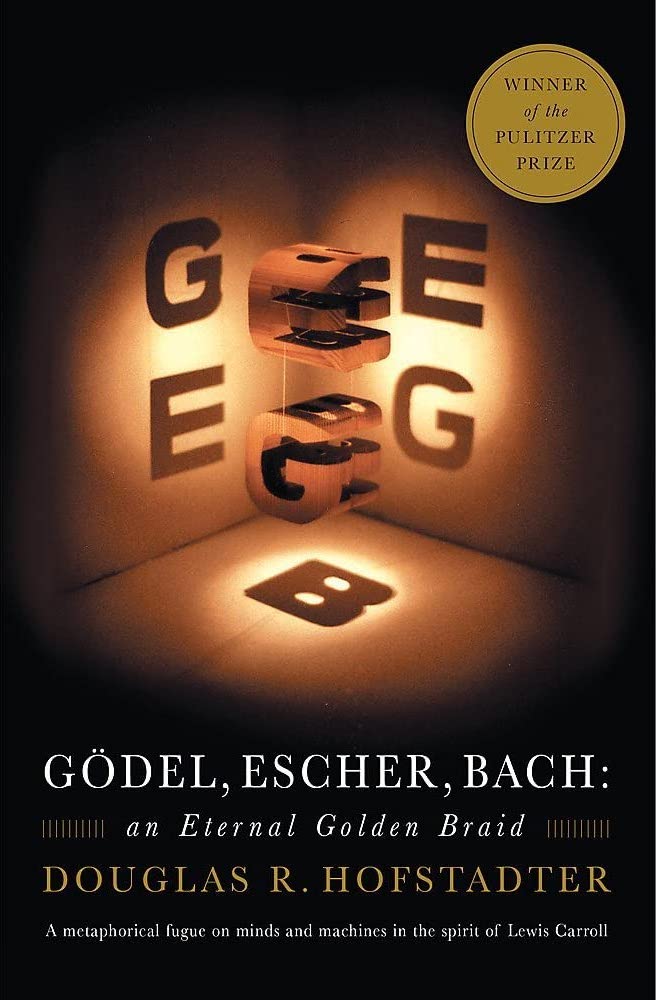#11) Changer Book: Gödel, Escher, Bach
Hello and welcome back to "Always Be Better" with Mel Windham.
This week I'm going to go over another of my favorite books that changed my life: Gödel, Escher, Bach: An Eternal Golden Braid by Douglas R. Hofstadter.
I first came across this book in 8th grade during one of our TAG sessions. This was the Talented And Gifted program in Georgia that got me out of regular classes to pursue higher learning pursuits, which evidently meant playing high-brow games and reading interesting books. We even planned out the beginnings of a musical based on football. Those were the days!
So, in this program, our teacher decided to introduce us to this book, and I latched on to it. It always got my brain thinking.
In a nutshell, the book takes an approach similar to what I'm doing now in this series -- in its first half, it hits you with a whole bunch of interesting random topics, but then surprisingly brings it all together to explain how Gödel's Incompleteness Theorem works, which has outstanding consequences in different aspects of life. The second half of the book then applies the theorem, talking about all kinds of crazy stuff like Artificial Intelligence and DNA.
Along the way, Hofstadter ties everything in with the music of Bach, and the art of Escher. And it turns into one awesome philosophical extravaganza -- probably like that motorcycle zen book, but made for nerds. There is definitely a Zen feel to this book as well.
More than anything else, this book gives a map of the human brain more like no other book I've ever read. In a way, it helped to shape my mature mind and helped me to think more efficiently. It has helped me to make connections between so many random different things. Some people are amazed at how random I can be sometimes -- but it's just patterns I now see that have an abstract connection to whatever it was we were talking about.
The Incompleteness Theorem proves beyond a shadow of a doubt that it is impossible to create any kind of system that is both complete and consistent. In other words, if you make something, I can break it. And then you can make a better something, and then I can break that, too, and so on. It also implies that we can never run out of things to learn.
The book also has several hilarious dialogues between Achilles and the Tortoise modeled after one of Lewis Carol's dialogues. One story involves breaking and improving phonographs. One is much like the movie Inception with stories happening inside of stories inside of stories. Some involve diving into Escher drawings. There's even one story that reads the same forward and backwards.
Not only did the book teach me how to think differently, it also provided me with new techniques that I could use in my own life. I'm known for improving processes and being able to code up anything anyone throws at me at work. Once I wrote code that writes code that writes code -- something that helped our company to become #1 in our region in a certain area, which earned me a personal thanks from our CEO. And I owe it all to this book.
I'll sneak in a few of these Gödel. Escher, Bach topics throughout this video series and we'll have fun with it.
This book isn't required reading, but if it sounds interesting to you, I highly recommend it. Grab a copy and start reading. Perhaps it'll open your mind to new ways of thinking.
Thanks for watching, and remember, we can "Always Be Better."


Comments
Post a Comment